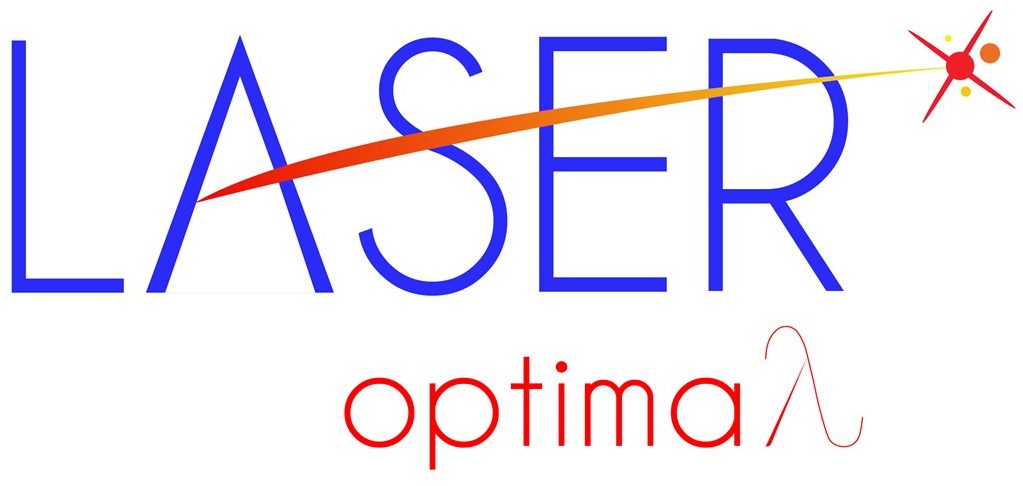
In the framework of Alta Scuola Politecnica (XIV cycle multidisciplinary project), a team of brilliant students coming from the Politecnico di Milano and the Politecnico di Torino has carried out the activities designed in the Theralight project, under the supervision of Professors Guido Perrone, Paola Saccomandi, Alberto Vallan, Alfredo Cigada.
The team is constituted by
Chiara Bregoli, Biomedical Eng., PoliMi
Federica Buccino, Biomedical Eng., PoliMi
Chiara Coletti, Biomedical Eng., PoliMi
Chiara Di Vece, Biomedical Eng., PoliMi
Davide Manzionna, Management Eng., PoliMi
Elena Hilary Rondoni, Biomedical Eng., PoliTo
Antonio Sindoni, Mechanical Eng., PoliTo
Luca Viale, Mechanical Eng., PoliTo
The Theralight project aims at identifying novel concepts to address and overcome the current limitations in Laser Thermal Ablation (LTA) for malignant inoperable tumors. To solve these limitations, Theralight team has relied on its main strengths: the group multidisciplinary background and the constant interaction with the end users of LTA, the surgeons. Biomechanical engineers performed the complete redesign of the laser probe, in terms of materials and morphology. Bioelectronic engineers focused on the study of current temperature monitoring systems, exploring reliable and feasible alternatives to extend the current capabilities of the instrumentation. Notably, the main objective was to find a sensing method that allows to have more control over the boundaries of the ablated zone. Finally, the presence of a management engineer permitted the analysis of the economic feasibility of the proposed solutions.
The new design is not the only aspect the team has focused on. To give a 360° overview of all the possibilities to improve and expand laser ablation adoption, the team has also thought of a way to help surgeons familiarize with this kind of intervention, through trainings bolstered by virtual reality technology, which has the advantage of creating realistic 3D scenarios in controlled environments. Thus, trainees can operate in safe conditions and receive objective feedback to improve their performance. The hope is that LTA will become in the future a more practiced procedure and that more and more patients’ health will benefit from it.

